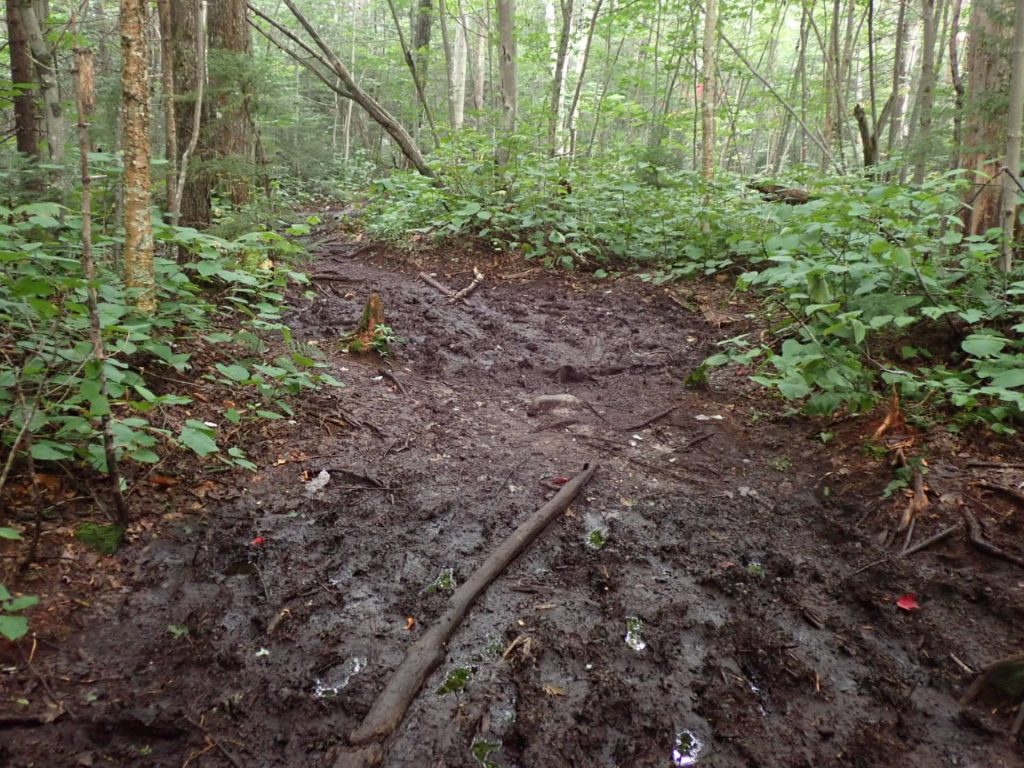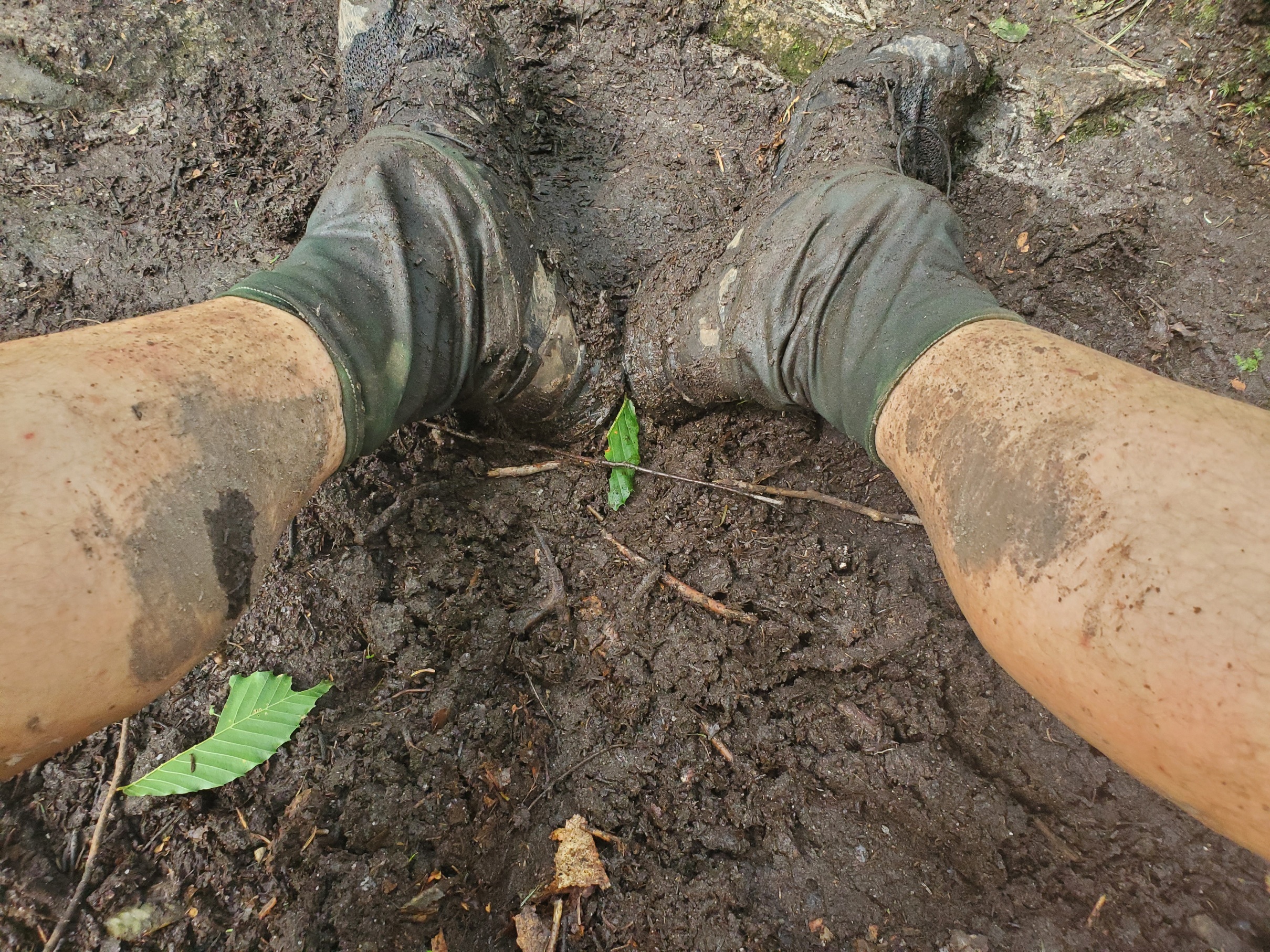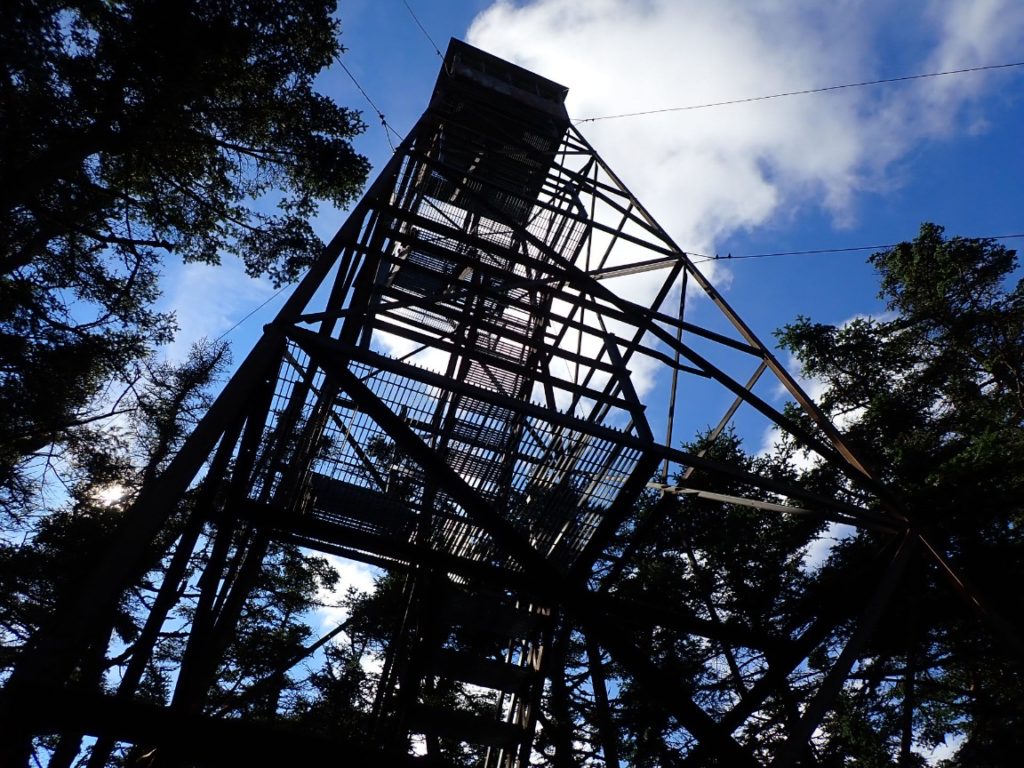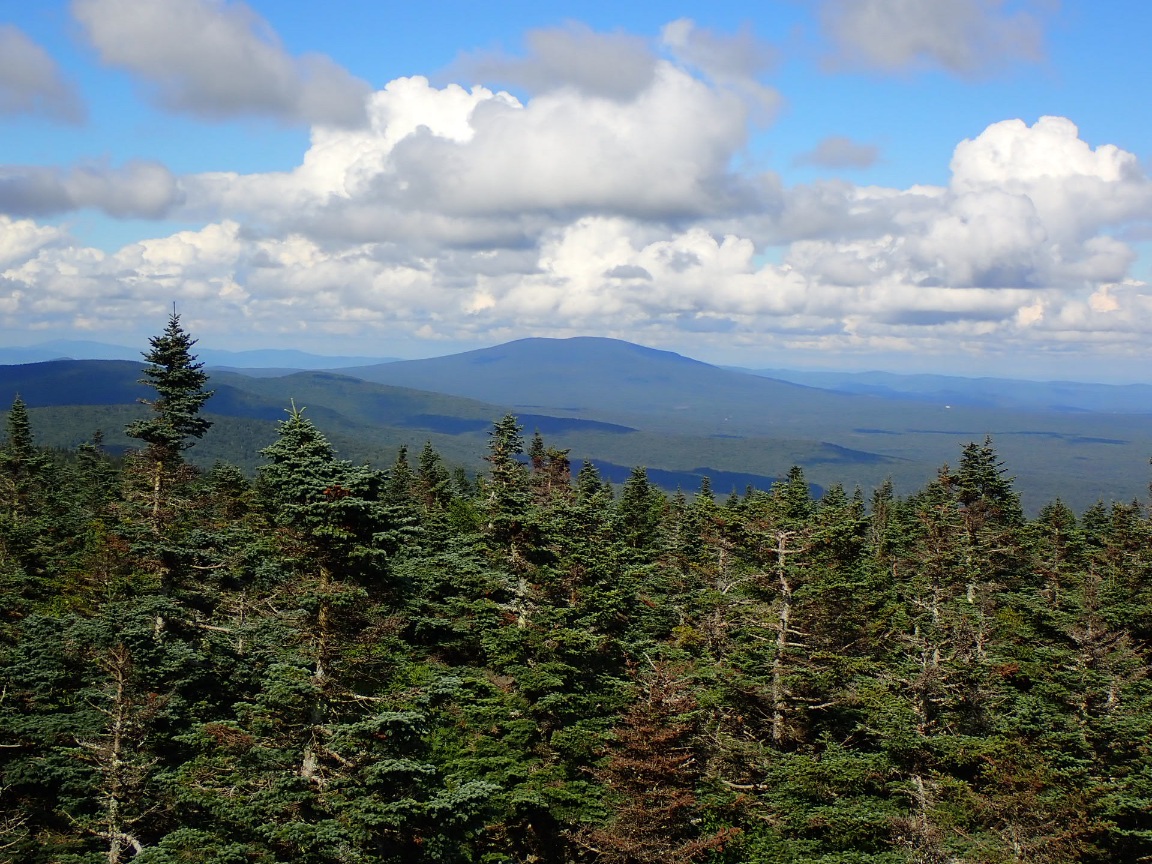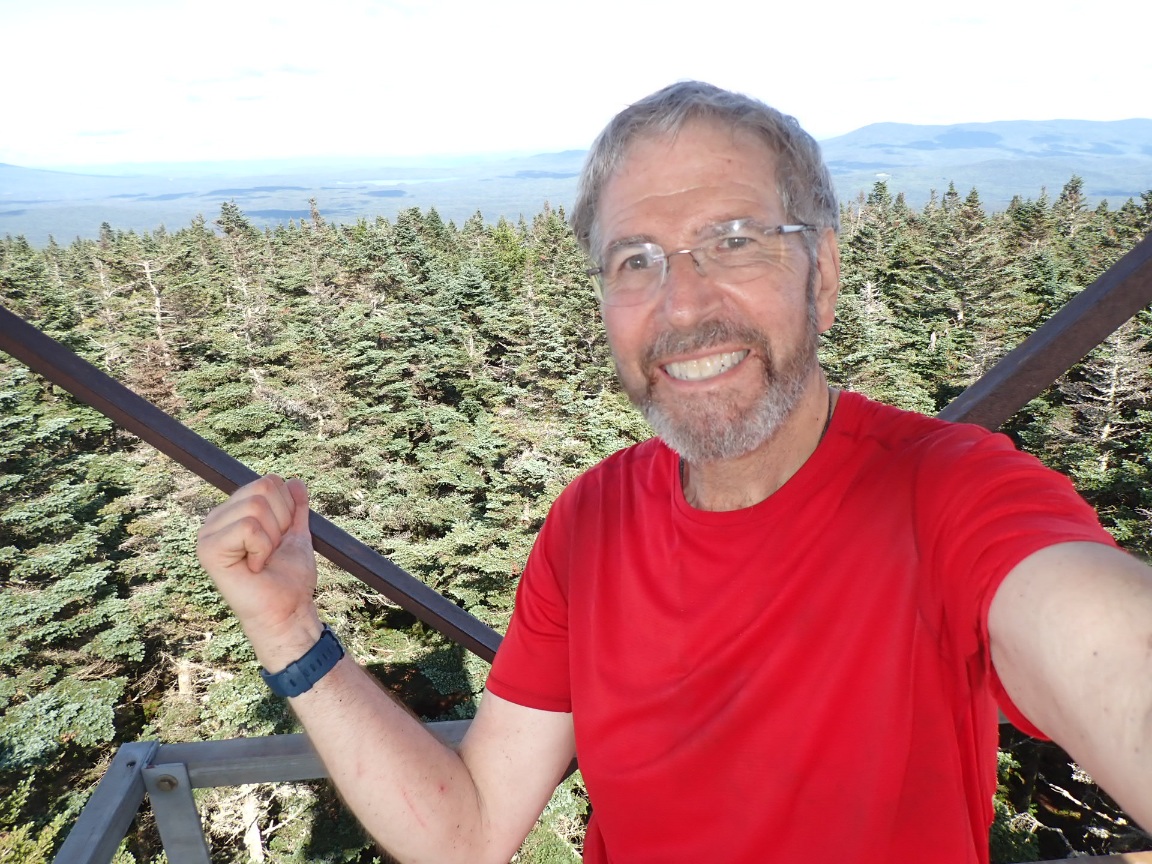Early in the day a text message came in. It was my brother Brian expressing his concern about Hurricane Henri. I replied, “I am watching the weather forecast carefully, will go to a town on either Sunday afternoon or later depending on forecast. Don’t worry.” I started a deep dive in media stories and weather forecasts.
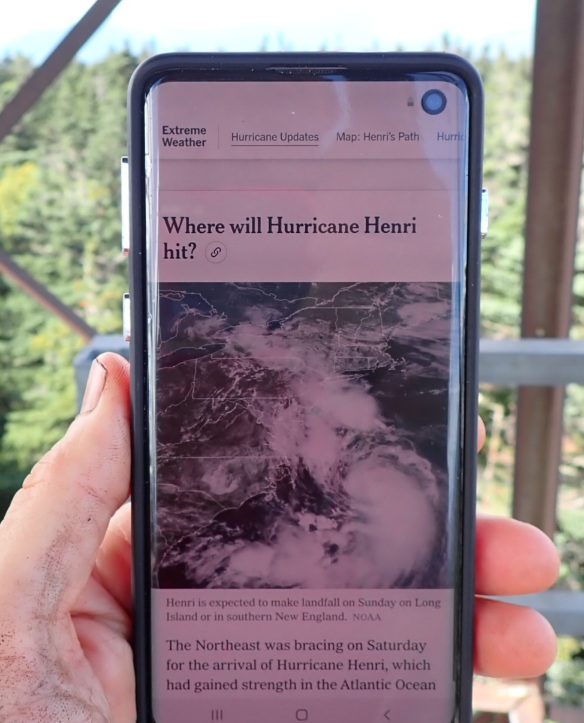
The heaviest part of the storm would reach this part of Vermont tomorrow on Sunday night. As my brother texted, the forecast keeps changing and NOAA cannot predict the actual path of the storm. I had already given up on reaching Williamstown, Massachusetts by Sunday evening. I asked myself, “should I just keep hiking and rely in the AT shelters for cover if the storm whips into a torrential frenzy? NOBO hikers I met in the morning seemed oblivious. “I will wait it out in a shelter if necessary.” The mud was already getting to me. Imagine if a couple of inches of hurricane water fell upon the Vermud quagmire! I sat down, and made decisions. I could easily reach VT Highway 9 on Sunday where the owner of the hiker-friendly Cartamount Motel would meet me. I would wait out the storm there.
Along the way on an ascent I enjoyed the clear-sky view from the lookout tower on Glastonbury Mountain, another mountaintop feature that is visited by those willing to make the hike through the nearby Glastonbury Wilderness, a Federal wilderness on National Forest land. The view today was clear and far. Surveying the Vermont panorama from high above the tree canopy while knowing I could hike leisurely to my next camp.
One-third mile from the tower was Goddard Shelter where a few other SOBO hiker arrived and planned to camp. Once again I felt like enjoying a solo camping experience. I cooked dinner in the company of the other hikers, packed two liters of water and hiked nearly two miles where I searched for and found a nice clearing hidden from the trail. The calmness of the night revealed no hints of a category 1 hurricane heading my way. Really?
Prior to starting this adventure on the AT I vowed to observe the effects climate change is having on the Appalachian region I would be hiking through. I am not certain the drought up in Maine could be squarely connected to the uncontrolled carbon emissions worldwide. But a hurricane in New England is very rare. This article in the New York Times about the storm discussed the link to climate change. I am troubled by such news because the higher frequency of such storms was predicted by climate scientists in the mid 1980’s. This was a time in the U.S. when climate change deniers were in power at the Federal level. The lack of action in the U.S. and globally to reduce carbon emissions is now revealed in more powerful, frequent and rare storms such as Hurricane Henri in New England. The forest fires, extreme heat and drought happening now in the western U.S. is clearly caused by the incompetence of climate change deniers.
I am not afraid to express my feelings about this critical issue. The thoughts of lost opportunities to proactively deal with climate change over more than three decades darkens my mood. The trail builds confidence of convictions as I observe the changes in the natural environment while hiking nearly 10,000 miles over 30 years.
The Appalachian Trail Conservancy published a very good article written by an AT thru-hiker and ATC staff member on August 20, 2021 that expresses how the author found optimism despite the distressing reality of climate change. I am also optimistic because President Biden is addressing this issue at the highest level of any President ever. Optimistic, really!
